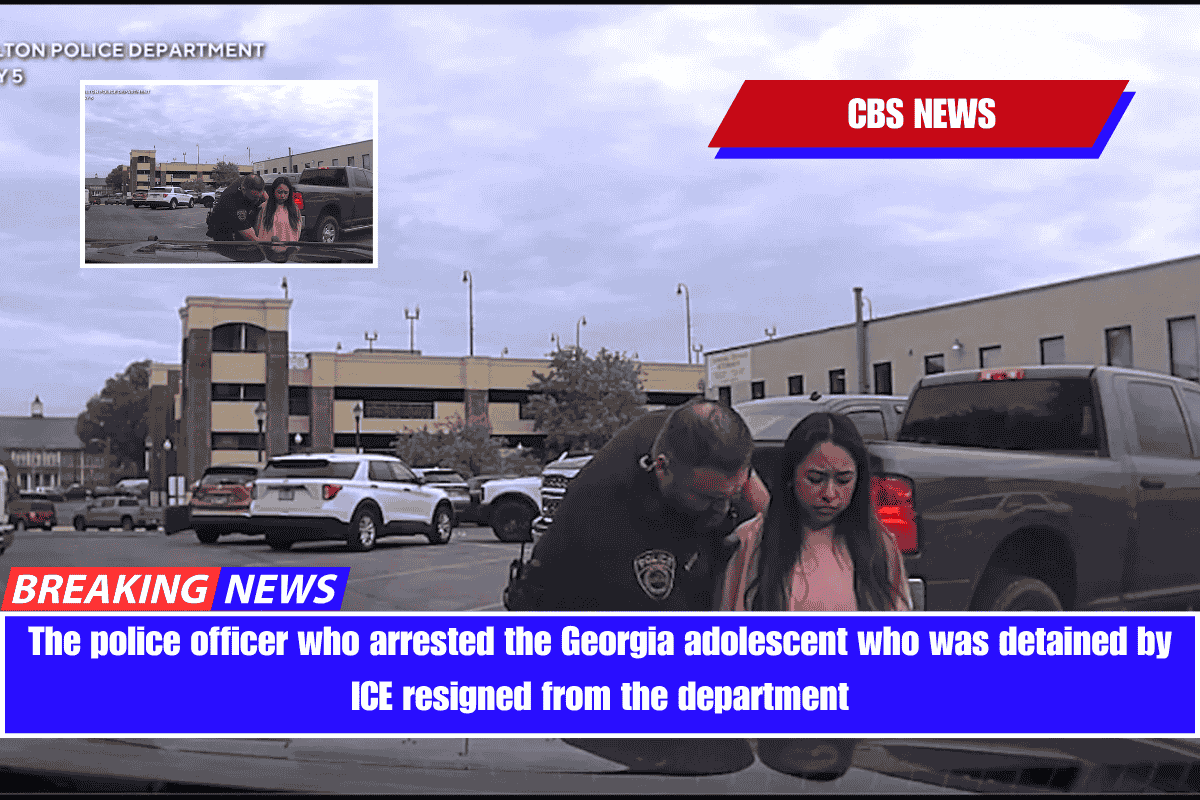Washington — A major legal controversy is brewing in the United States after a federal appeals court judge compared the treatment of Venezuelan migrants to how Nazis were treated during World War II — and said the Nazis got better legal rights.
The comments came during oral arguments on Monday, as a panel of judges reviewed the Trump administration’s decision to deport migrants accused of being part of the Tren de Aragua gang under a rarely used law called the Alien Enemies Act (AEA).
What Is the Case About?
The U.S. government recently deported 238 Venezuelan men to El Salvador, saying they were members of the dangerous Tren de Aragua gang. These men were flown out without court hearings, and they are now held in a maximum security prison in El Salvador.
The Alien Enemies Act, which dates back to 1798, allows the U.S. government to detain and remove citizens of countries considered enemies during times of war. But here’s the issue: the U.S. is not currently at war, and the gang is not a foreign country or government.
That’s why lawyers from the ACLU (American Civil Liberties Union) and other human rights groups are arguing that these deportations are illegal and that migrants were denied basic legal rights, such as the right to know the charges against them and to appear before a judge.
What Did the Judge Say?
Judge Patricia Millett, an Obama appointee, strongly criticized the government’s actions, saying:
“Nazis got better treatment under the Alien Enemies Act than has happened here.”
She pointed out that even during World War II, suspected Nazi enemies were given hearings, but these migrants were removed without any process.
She also stressed that no president has ever used this law in peacetime and questioned whether people with no gang connection were deported by mistake.
Government’s Response
Government lawyer Drew Ensign defended the use of the law, saying that some detainees can file habeas petitions (legal requests to challenge detention) in Texas courts. However, he admitted that he didn’t know how many migrants were currently detained or whether they were given enough notice before being deported.
Ensign also said that while the five main plaintiffs in the lawsuit were allowed to appear in court, they were not on the deportation flights.
Legal Concerns Over Due Process
The heart of the legal battle is about due process — the legal right to know why you are being detained and to challenge it in court.
Judge Millett asked repeatedly:
“Were people on planes given a reasonable amount of time to file a habeas petition?”
The government could not give a clear answer.
ACLU attorney Lee Gelernt said there was no process at all. Migrants were allegedly labeled gang members without evidence or notice and “rushed onto planes.”
Can the Alien Enemies Act Be Used This Way?
Judge James Boasberg, Chief Judge of the D.C. District Court, had earlier blocked the Trump administration from deporting more migrants using this law. He ruled that the Tren de Aragua is not a nation or military force, and its violent acts do not count as an invasion under the law.
The government is challenging that decision, claiming it interferes with presidential powers related to national security.
Dispute Over Court Location
Some judges questioned whether the case should be heard in Washington, D.C., since the plaintiffs are detained in Texas. But the ACLU argued that the government’s actions were kept secret, and hearings wouldn’t have been possible if the lawsuit wasn’t filed quickly.
The use of the Alien Enemies Act to deport Venezuelan migrants marks an unprecedented legal move by the Trump administration. Critics say it violates basic legal rights and sets a dangerous example for future immigration cases.
With a federal judge comparing the situation to how Nazis were treated, the debate is intense — and it’s likely to go on for weeks. For now, the court has blocked further deportations, but the case may end up in the Supreme Court if the legal battle continues.


















Leave a Reply